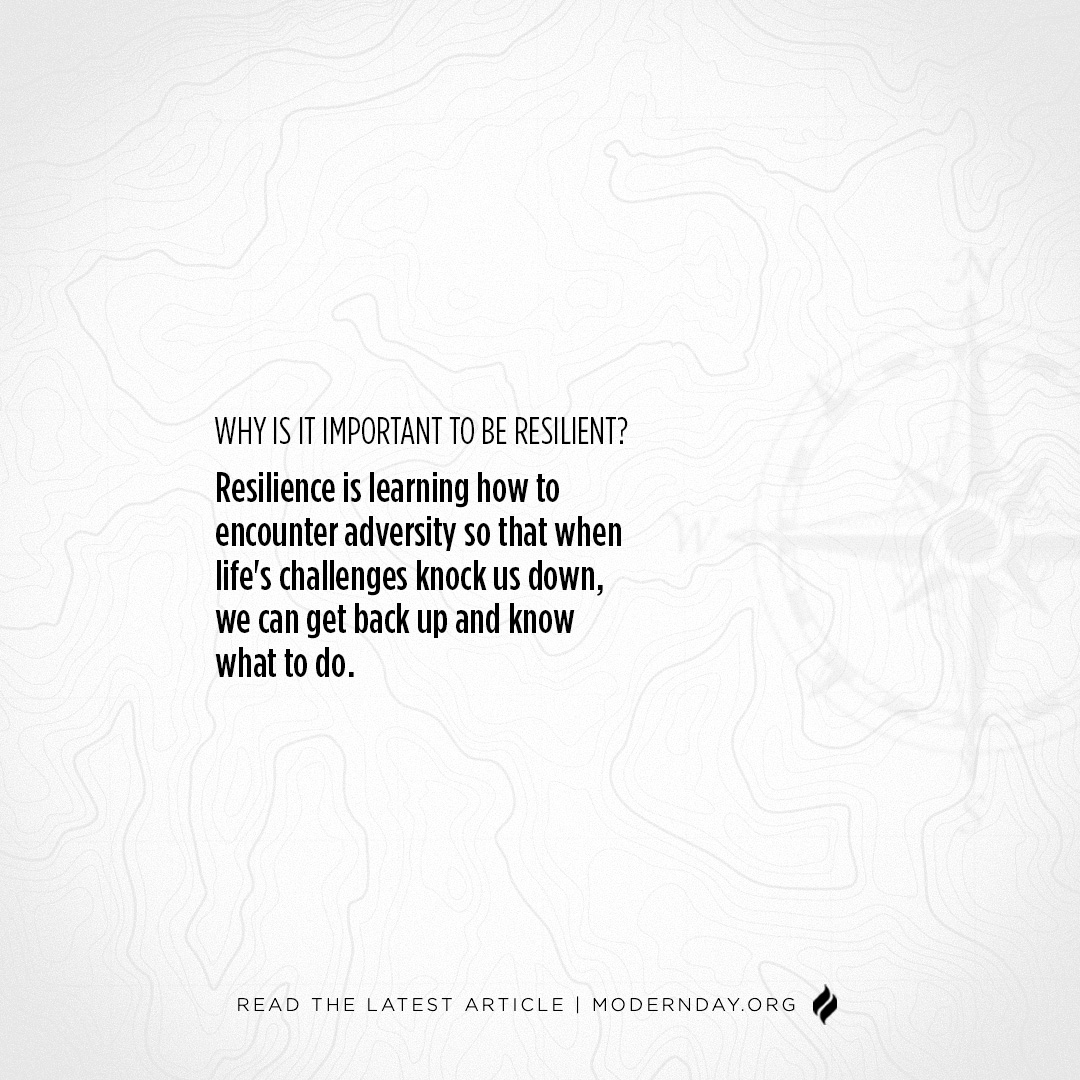EDITOR’S NOTE: The following is the last in a five-part series about the characteristics of unbelief. Not everyone who declines to worship Jesus does so out of ignorance, but some do. When the Apostle Peter first proclaimed the Gospel in Jerusalem after Jesus’ ascension, he conceded that many of those responsible for Christ’s death “acted in ignorance.” How could Jesus’ contemporaries have been some oblivious to His identity?
The Israelites were anticipating the coming of a messiah who was prophesied about in the ancient Hebrew Scriptures, but they totally overlooked the evidence that pointed to Jesus as that redeemer. They questioned skeptically, “Is the Christ to come Galilee” (where Jesus was raised) even though one of the most explicit messianic texts stated that God would make “glorious the way of the sea, the land beyond the Jordan, Galilee of the nations.” They were also confused when He told them about His future execution, saying “We have heard from the Law that the Christ remains forever. How can you say that the Son of Man must be lifted up?” They said this even though Scripture clearly says “he poured out His soul to death.” Of course, Jesus also authenticated Himself through miracles, yet even though “he had done so many signs before them, they still did not believe in Him.” The Gospel was literally right in front of the Israelites, but they didn’t perceive Him.
Similarly, Western civilization is steeped in Christian history. Because of that, there are significant numbers of non-believers in this part of the world who could recite John 3:16 or sing the lyrics to many doctrine-laden Christmas songs from memory. Nevertheless, many of those same people even in the U.S. and Europe — like ancient Israel — lack elementary comprehension of the Good News.
I once encountered someone who believed that he didn’t have to renounce his sinful practices to be saved. He believed the sacrificial death of Jesus meant freedom to sin rather than from it. This, even though the Bible states that those who don’t repent from practicing sin won’t be redeemed. Another young man believed that if he became a Christian, he would have to be sinless the rest of his life otherwise he would be condemned to hell, even though the Bible says that God is gracious to those who sin because of weakness rather than rebellion. Another person thought the story of the Bible is that God’s plan failed in the Old Testament and He corrected His mistakes through Jesus. The truth is, God always planned to send Jesus and He fulfilled His plan through the Old Covenant. These misconceptions shouldn’t be surprising because (if recent surveys are still indicative) 80 percent of U.S. citizens have never read the entire Bible. Most Americans don’t attend a local church service weekly. How can we expect them to know the Gospel?
We shouldn’t assume people around us know the basics of the Gospel. We should seek to engage non-believers in dialogue about the Good News so that we can clear up any misconceptions that they have. There are many people who would believe the truth about Jesus if only they had an accurate understanding.
1. Acts 3:17
2. John 7:41
3. Isaiah 9:1
4. John 12:34
5. Isaiah 53:12
6. John 12:37
7. I Corinthians 6:9
8. I John 2:1-3
9. Romans 9:4-6
10. “Surprising Stats on Who Reads the Bible from Start to Finish,” christianitytoday.com, June 4, 2013
11. “What surveys say about worship attendance – and why some stay home,” Pew Research Center, September 13, 2013
If you would like to make a financial contribution to Raymond Billy, Click Here.







